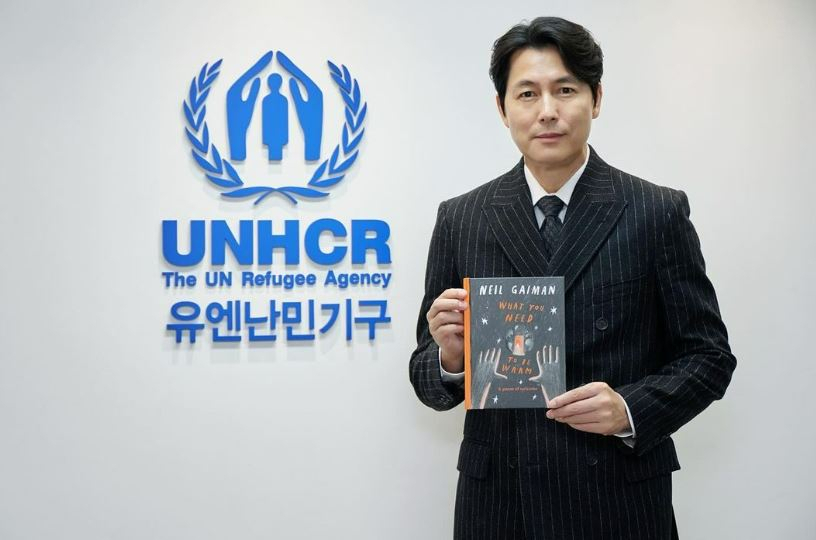 |
Jung Woo-sung (Instagram) |
Popular South Korean actor Jung Woo-sung told a local media outlet that he recently resigned as a goodwill ambassador for the UN Refugee Agency due to a barrage of politically charged attacks against him.
Speaking with local Hankyoreh newspaper, the 51-year-old said he had been accused of using the post for political reasons. He was named UNHCR Goodwill Ambassador for South Korea in 2015.
"There had been unrelenting political attacks against both the organization and myself, implying that I'm doing this for political reasons. This has become a bad situation for me and the organization," he was quoted as saying, about why he resigned earlier this month.
He said he plans to focus on his acting career, although he intends to keep an eye on human rights and minority issues.
Jung, the star of 2023 hit film "12.12: The Day" about the military coup of 1979, is among the most outspoken celebrities on the refugee issues. During his 10-year tenure as the goodwill ambassador, he visited disputed territories and refugee camps across the world, and worked to bring to focus their human rights issues.
It was reported that he had donated 50 million won ($36,000) each year to the UNHCR since 2015.
But some Koreans have complained about his position on the refugee issues, particularly regarding his 2018 comment that the South Korean government should not repatriate the 484 Yemeni refugees claimed asylum on Jeju Island. The comment induced a lot of hate from those who claimed the Yemeni refugees would cause social issues.
Most of the refugees were granted temporary "humanitarian stay" that allowed them to remain here until the situation in Yemen stabilizes.
Jung said in the latest interview that the refugees had not caused major issues in the six years they have been in South Korea, saying that the concerns were groundless.
Even before the refugee comments, there were some South Koreans who had negative perceptions of him due to his progressive views. The past Lee Myung-bak and Park Geun-hye administrations were found to have blacklisted what they called "leftist" cultural figures, and Jung himself had been blacklisted by the Park administration.
The blacklisted individuals and groups were subject to a range of disadvantages such as being cut from government funding or being pressured to quit their jobs.







